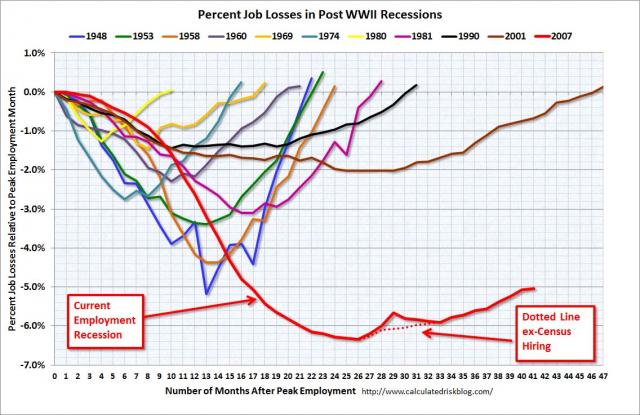“A human being is part of the whole called by us universe, a part limited in time and space. We experience ourselves, our thoughts and feelings, as something separate from the rest, a kind of optical delusion of consciousness. This delusion is a kind of prison for us, restricting us to our personal desires and to affection for a few persons nearest to us. Our task must be to free ourselves from the prison by widening our circle of compassion to embrace all living creatures and the whole of nature in its beauty.”
This 1954 quote from Albert Einstein hangs on the wall in my house. It seems to me truth distilled down to its most humble and indisputable essence. The more I read it, the more fundamental and inescapable its wisdom seems.
While we feel like “a part limited in time and space,” that sense of being apart is, Einstein says, a delusion upon which collectives, nations and empires are built. And, by extension, how wars are fomented and maintained.
We all naturally gravitate to these delusional human prisons. To a certain extent, they’re unavoidable. In my mind, they dovetail with the classic definition of tragedy as a case of someone or some group meeting a destructive or fatal end rooted in their own decisions. “[T]hey die and are not happy through their own efforts … as a condition contained in the effort,” says Oscar Mandel in A Definition Of Tragedy.
Humans gather and foist notions upon themselves that they are “exceptional” or “the chosen people” or “beloved of God” or just richer and more powerful and more deserving than some other people whose prison is constructed of very different delusions, in some cases based on being victimized. Religions are notorious for maintaining delusional prisons in this respect.
A few weeks ago I was accused by a left-leaning, pro-Palestinian activist of spouting simplistic, “new age” ideas. Certainly Einstein’s view of humanity’s place in the universe can easily be ridiculed as New Age. And, like anything, Einstein’s idea might even be used to create a separate clique of superior initiates – a secular-humanist cult.
The fact even Einstein might be the root of some delusional prison does not mean the point Einstein is trying to make in this quote is not serious and is somehow out-to-lunch. To me — a 25-year veteran peace activist – what he says is the crux of all serious peace-making in the world. It’s also the bane of intractable international conflicts like the one in the Middle East.
 A Palestinian and an Israeli face-to-face
A Palestinian and an Israeli face-to-face
My relationship with Israel and its policies reaches back to late 1967 following the June Six-Day War. I remember standing outside a bunker in a firebase west of Pleiku, Vietnam, discussing with a Jewish soldier in my unit the wisdom of the Israeli settlement movement being established in the just-conquered West Bank. As best I can recall, the conversation went like this:
“That land belongs to Jews and to Israel,” he said. He may have referred to the West Bank area as the Biblical Judea and Samaria.
“It also belongs to the people who live there,” I said.
“They were about to attack Israel, and they lost the war. Israel has the right to settle the area.”
“Sending in settlers is nuts. You know down the line it’s all gonna come back and bite Israel. It’ll end up just like here – an occupation.”
My Jewish friend would have none of it, of course. Like many Jews, he was locked deep in that Einsteinian prison of delusion that says Jews and Israel are justified in doing whatever they do because of security and because of the holocaust in Europe and their long, terrible history of being oppressed and fragmented as a people. Israel is about being tough and no longer being a chump in the world. Plus, Zionist Jews made the desert bloom.
 David Christian, Michael Smerconish and Kevin Ferris
David Christian, Michael Smerconish and Kevin Ferris







